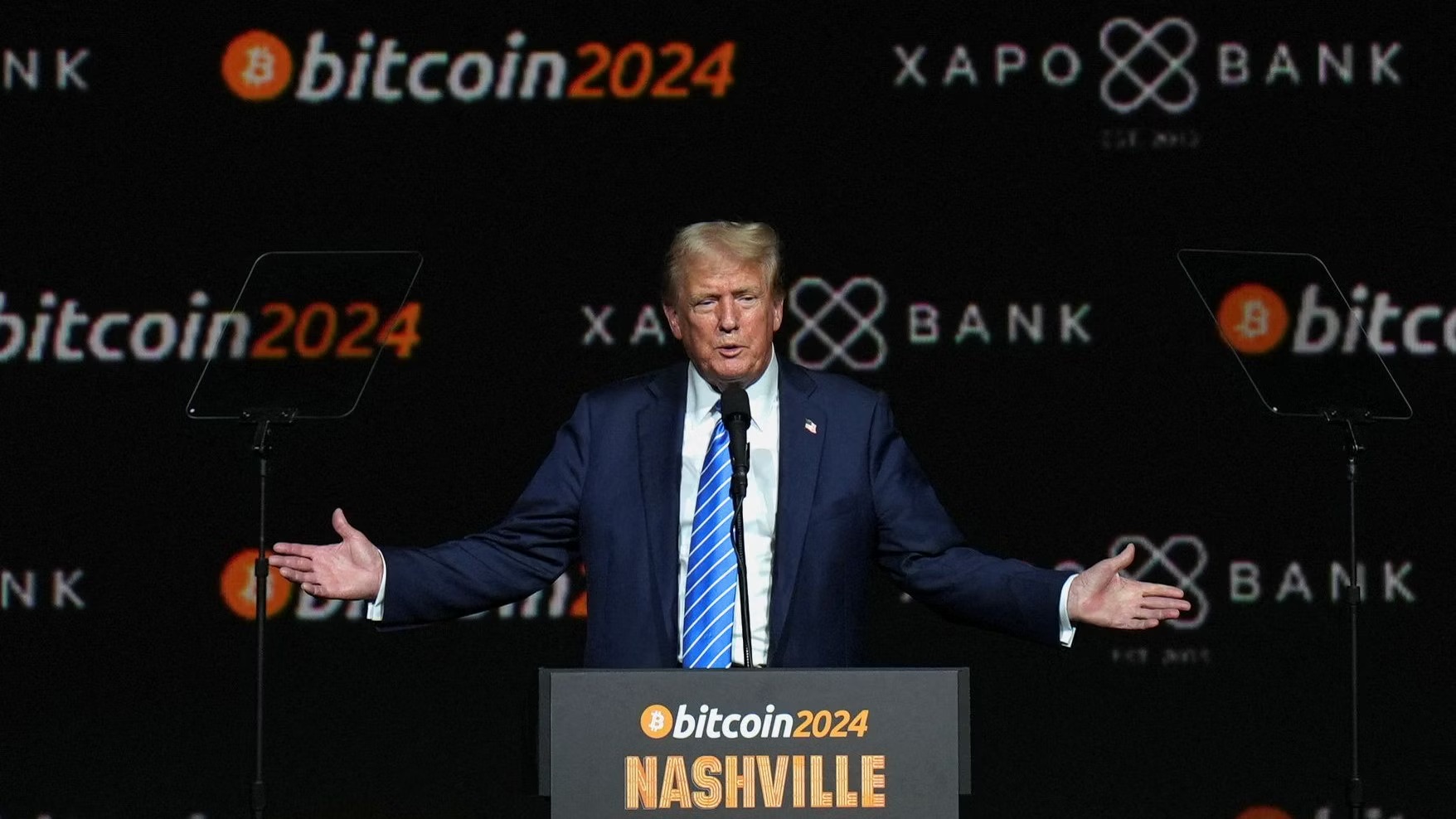
Bitcoin and broader cryptocurrency markets fell sharply again as tensions in the Middle East escalated. US President Donald Trump cut short his trip to the G7 summit and called for the National Security Council to prepare in the White House Situation Room, signaling growing concern over the situation in Tehran.
Trump’s Early Departure from G7 and Ominous Warning
Trump left the G7 summit in Canada early, just hours after posting a stark message on his social media platform: “Everyone should immediately evacuate Tehran!”
US Press Secretary Karoline Leavitt confirmed the president’s arrival on Sunday and his early departure due to the escalating conflict between Israel and Iran.
“I have to be back early for obvious reasons,” Trump told reporters.
Bitcoin responded quickly to the news, dropping about 2%, losing over $2,000 in a few hours. Earlier in the day, it had climbed to an intraday high of $108,780 but fell back to around $106,421 before a slight rebound.
Since early May, Bitcoin has traded within a range, maintaining a level above $100,000.
Larger Losses for Altcoins
Ethereum experienced a sharper decline of nearly 4.8%, slipping to support just above $2,500. Other major altcoins fell between 5% and 6%, reflecting increased market volatility.
Total cryptocurrency market capitalization dropped approximately $80 billion, with $400 million in leveraged positions liquidated, according to CoinGlass data.
The Chinese embassy in Israel issued evacuation warnings, urging citizens to leave via land border crossings immediately. The embassy cited escalating violence, damage to civilian facilities, and increasing casualties as reasons for the urgent appeal.
Similarly, the Russian embassy advised all Russian nationals to leave Israel until the situation stabilizes. Ambassador Anatoly Viktorov made this statement to state media on Monday.
What The Author Thinks
The recent dip in Bitcoin and altcoins amid escalating Middle East tensions and high-level political alerts shows how sensitive cryptocurrency markets have become to geopolitical uncertainty. While crypto is often viewed as a decentralized alternative to traditional finance, global events still heavily influence investor behavior and price volatility. This underscores the need for investors to treat cryptocurrencies as part of a broader risk portfolio and highlights the importance of developing more resilient financial systems that can better withstand geopolitical shocks.
Featured image credit: Heute
For more stories like it, click the +Follow button at the top of this page to follow us.
